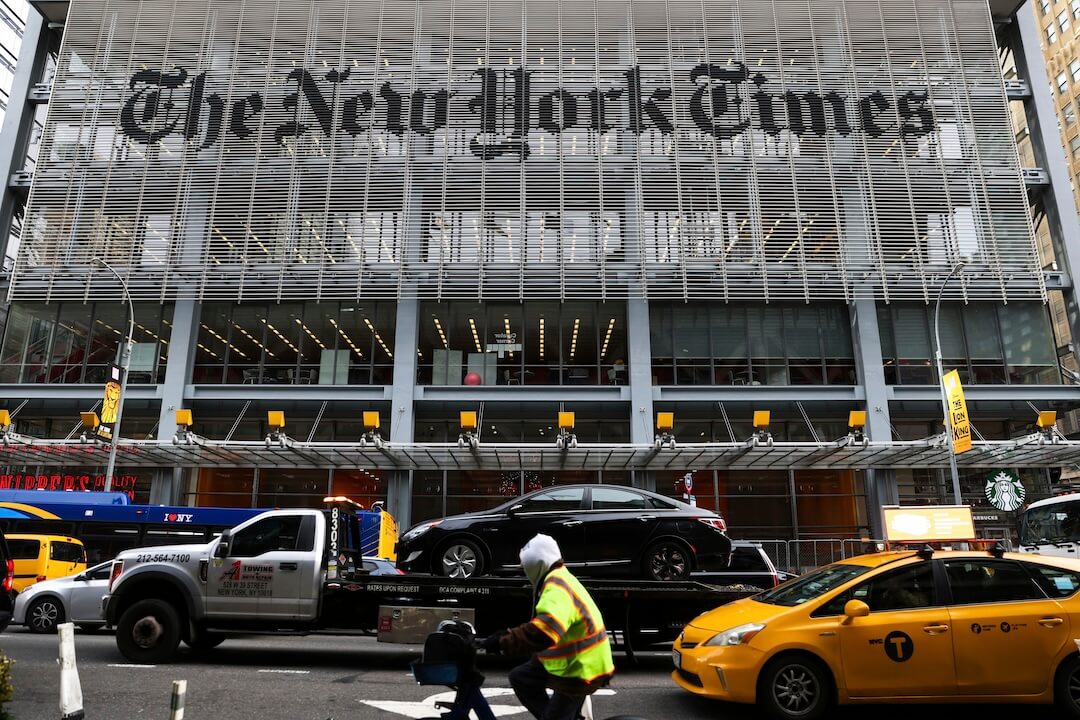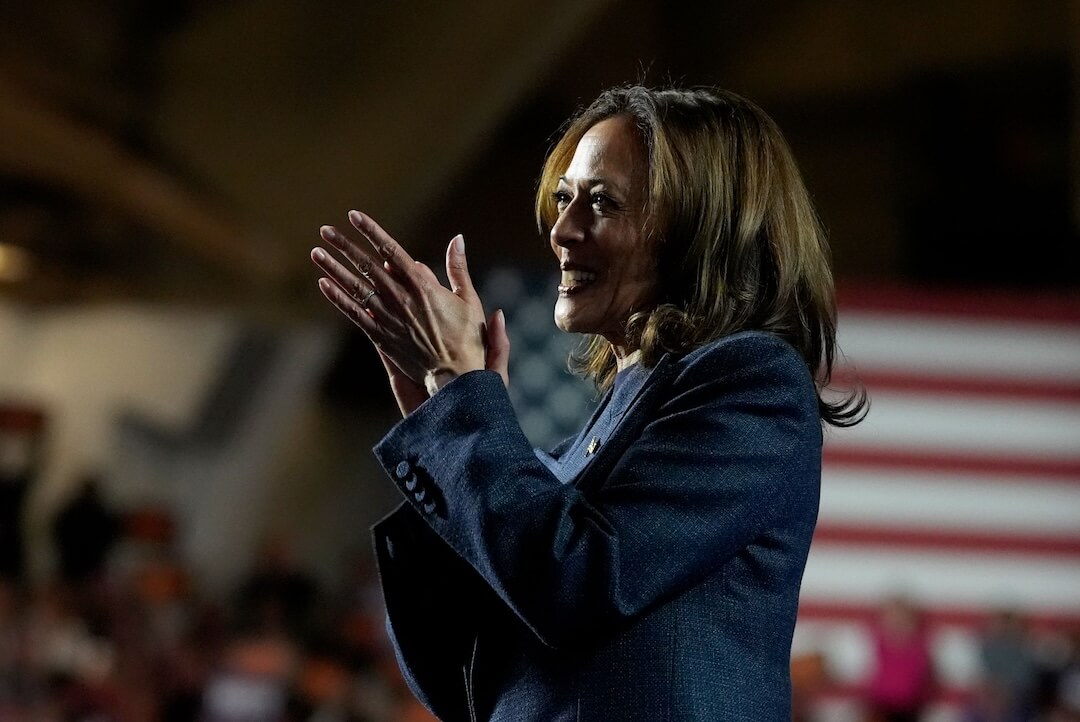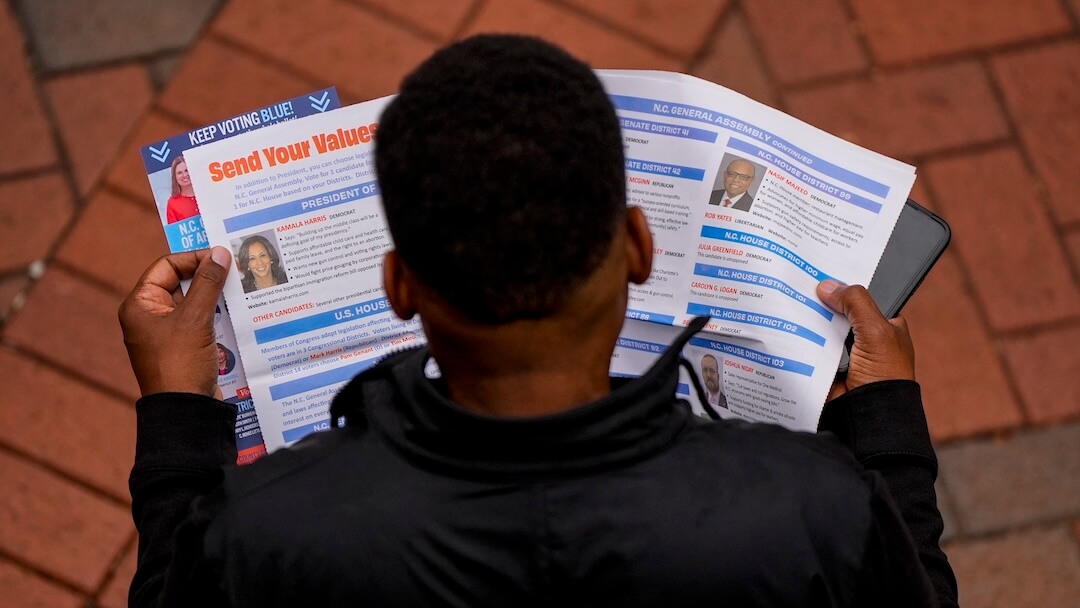The New York Times
Public Editor Margaret Sullivan got her wish: The New York Times has a clear policy on quote approval. The paper will no longer allow sources to change quotes after an interview.
Quote approval “puts so much control over the content of journalism in the wrong place,” Times Executive Editor Jill Abramson told Sullivan. She quotes from a memo (see in full below) sent to staff:
So starting now, we want to draw a clear line on this. Citing Times policy, reporters should say no if a source demands, as a condition of an interview, that quotes be submitted afterward to the source or a press aide to review, approve or edit.
This post, interestingly, contains yet another origin story for the practice, this time from reporter Peter Baker, who says:
As I recall, it was during the late Clinton era and editors pushed us to go back to sources who spoke on background and get permission to use their names with specific quotes we were planning to use anyway but anonymously.
Ari Fleischer previously credited the beginning of the practice to George W. Bush’s second term.
Sullivan’s not the first Times employee to seek a policy covering this practice: “I would love there to be some kind of blanket policy that The New York Times puts in place that I could hide behind,” New York Times Magazine reporter Mark Leibovich told “On the Media” this summer.
Quote approval became a hotly-debated topic in July when Times reporter Jeremy Peters wrote a story about it:
Quote approval is standard practice for the Obama campaign, used by many top strategists and almost all midlevel aides in Chicago and at the White House — almost anyone other than spokesmen who are paid to be quoted. (And sometimes it applies even to them.) It is also commonplace throughout Washington and on the campaign trail.
At the time, Poynter reported that the Huffington Post acknowledged allowing sources to edit quotes on a case-by-case basis, while the Associated Press said it did not. McClatchy and National Journal banned the practice. After talking with reporters on staff, John Harris expressed confidence it wasn’t “being abused” at Politico, where he is editor in chief.
In a poll of Poynter readers, 63 percent (202 people) said they never even allow sources to review quotes. Times national security reporter Mark Mazzetti sent a Maureen Dowd column to the CIA last month after Dowd asked for help fact-checking it. Sullivan’s predecessor as Public Editor, Arthur Brisbane, said in his final post on the job that Mazzetti’s decision was, “a clear boundary violation to disclose a potentially sensitive article pre-publication.” Washington Post education reporter Daniel de Vise, now on book leave, got in trouble for sharing a story of his with University of Texas sources.
Memo to New York Times staff:
GUIDELINES ON ‘QUOTE APPROVAL’
Despite our reporters’ best efforts, we fear that demands for after-the-fact “quote approval” by sources and their press aides have gone too far. The practice risks giving readers a mistaken impression that we are ceding too much control over a story to our sources. In its most extreme forms, it invites meddling by press aides and others that goes far beyond the traditional negotiations between reporter and source over the terms of an interview.
So starting now, we want to draw a clear line on this. Citing Times policy, reporters should say no if a source demands, as a condition of an interview, that quotes be submitted afterward to the source or a press aide to review, approve or edit.
We understand that talking to sources on background — not for attribution — is often valuable to reporting, and unavoidable. Negotiation over the terms of using quotations, whenever feasible, should be done as part of the same interview — with an “on the record” coda, or with an agreement at the end of the conversation to put some parts on the record. In some cases, a reporter or editor may decide later, after a background interview has taken place, that we want to push for additional on-the-record quotes. In that situation, where the initiative is ours, this is acceptable. Again, quotes should not be submitted to press aides for approval or edited after the fact.
We realize that at times this approach will make our push for on-the-record quotes even more of a challenge. But in the long run, we think resetting the bar, and making clear that we will not agree to put after-the-fact quote-approval in the hands of press aides, will help in that effort.
We know our reporters face ever-growing obstacles in Washington, on Wall Street and elsewhere. We want to strengthen their hand in pushing back against the quote-approval process, which all of us dislike. Being able to cite a clear Times policy should aid their efforts and insulate them from some of the pressure they face.Any potential exceptions to this approach should be discussed with a department head or a masthead editor.







Comments